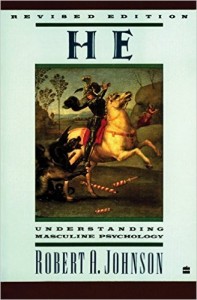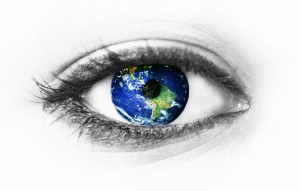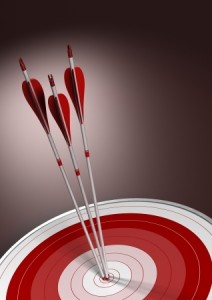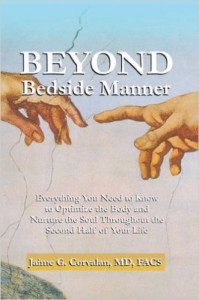By: Dr. Jaime G. Corvalan, MD, FACS
I love the ancient Greek dramas and comedies! The works of Sophocles, Euripides and especially Aeschylus I hold very dear to my heart because they are timeless. The themes they dared explore then are as pertinent and crucial now: family, ethics, love, betrayal, duty, honor, dedication and sacrifice, among so many more. Ancient Greek theater and culture represented an incredible flowering of consciousness, the reverberations of which we still feel today.
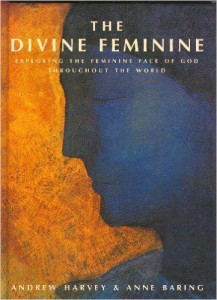
The reason for my affinity, as well as for the continuing relevance of these cultural achievements, is that they represent a breakthrough of transcendent consciousness within our plane of existence. We often live our lives focused only on what’s right in front of us, our daily living; but in doing so, we miss the majesty and radiance of the consciousness that pervades all things yet transcends them as well. There is something behind the curtain of everyday existence, and every once in a while we are treated to a glimpse of that wondrous transcendence.
Transcendent energy consciousness, as it’s been called, is both immanent (pervades everything and nothing) and transcendent (beyond everything and nothing). It informs everything within the realm of time and space; it has been called, rightly so, I think, the “DNA driver of the soul.” It is what gives motive, what informs everything seen and unseen within our universe, all plants, birds, insects, animals, inorganic materials, stars, molecules, galaxies, and the like.
The wonderful author, Anne Baring, puts it so eloquently and poetically in her book The Divine Feminine when she says:
For those awakened to this vision, to be born a human being is not to be born into a fallen, flawed world of sin and illusion, cut off from the divine; it is to be born into a world lit by an invisible radiance, ensouled by Divine Presence, graced and sustained by incandescent light and love.”
The human mind is like a telescope, exploring the farthest reaches of consciousness. For this is our task, our very purpose for existing: to pull back the curtain of darkness and to bring as much awareness into the light as we possibly can. We are the vehicles by which the universe comes to know itself!
